Introduction to Place-based Education: Asynchronous Virtual Summer Course
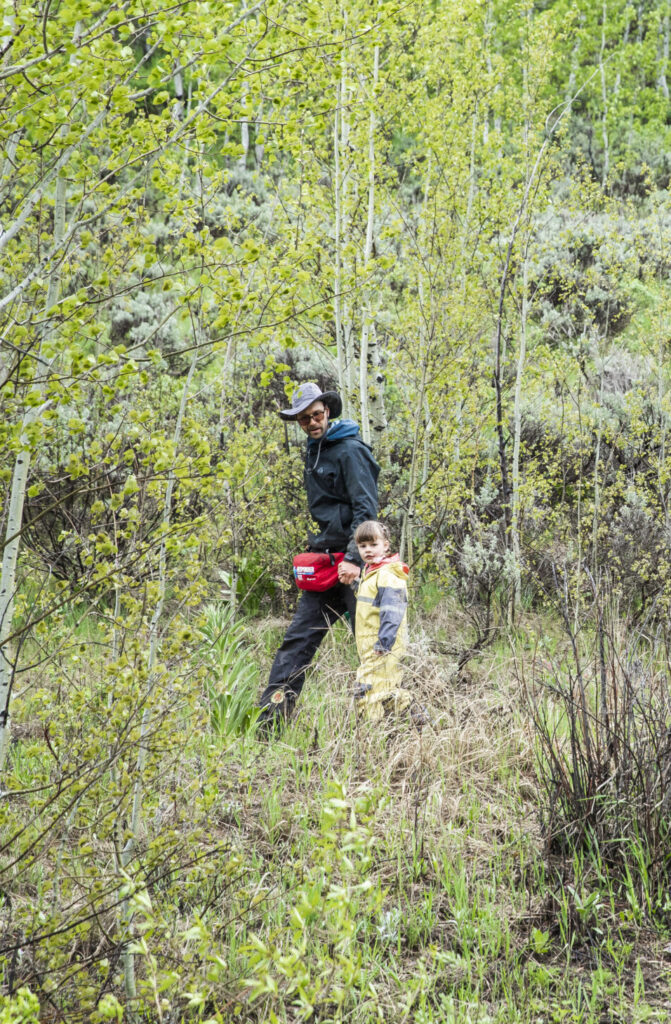
In this seven-week asynchronous course, participants will explore the theory and application of Place-Based Education. They will gain practical skills and tools to get started with a place-based classroom experience. Participants will learn how to use the local community as their classroom, guide students to make a positive community impact, connect standards to place, and build learner-centered experiences.
Language of Materials Workshop: Exploring the Studio
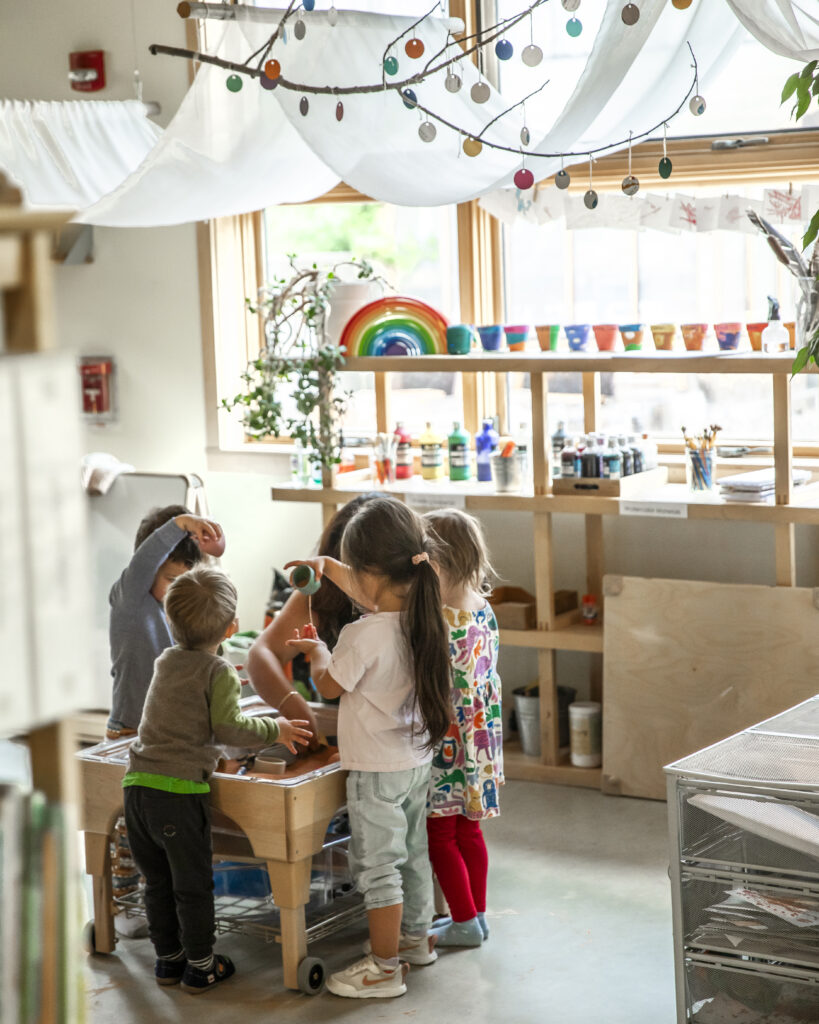
In the Reggio Emilia philosophy, “The studio is not an isolated place where artistic things happen. It is a laboratory for thinking.” -Lella Gandini. Loris Malaguzzi, the founder of the Reggio Emilia philosophy, believed that young children have a hundred ways of speaking, listening, and being. Those languages should be encouraged and explored. When you invite a child to draw, the act of drawing creates a pathway for a child to express themselves more fully and more often than not a story or a dialogue accompanies their work.
Introduction to Place-based Education: Asynchronous Virtual Course
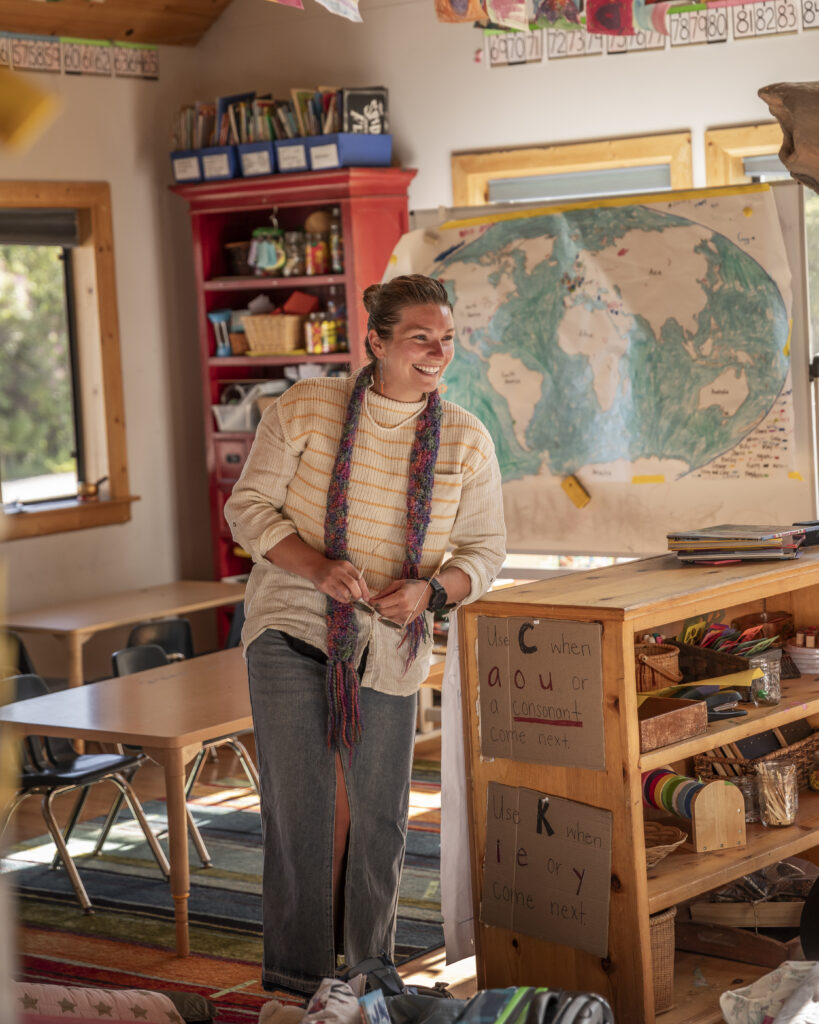
In this seven-week asynchronous course, participants will explore the theory and application of Place-Based Education. They will gain practical skills and tools to get started with a place-based classroom experience. Participants will learn how to use the local community as their classroom, guide students to make a positive community impact, connect standards to place, and build learner-centered experiences.
Centering the Learners in Place-based Education
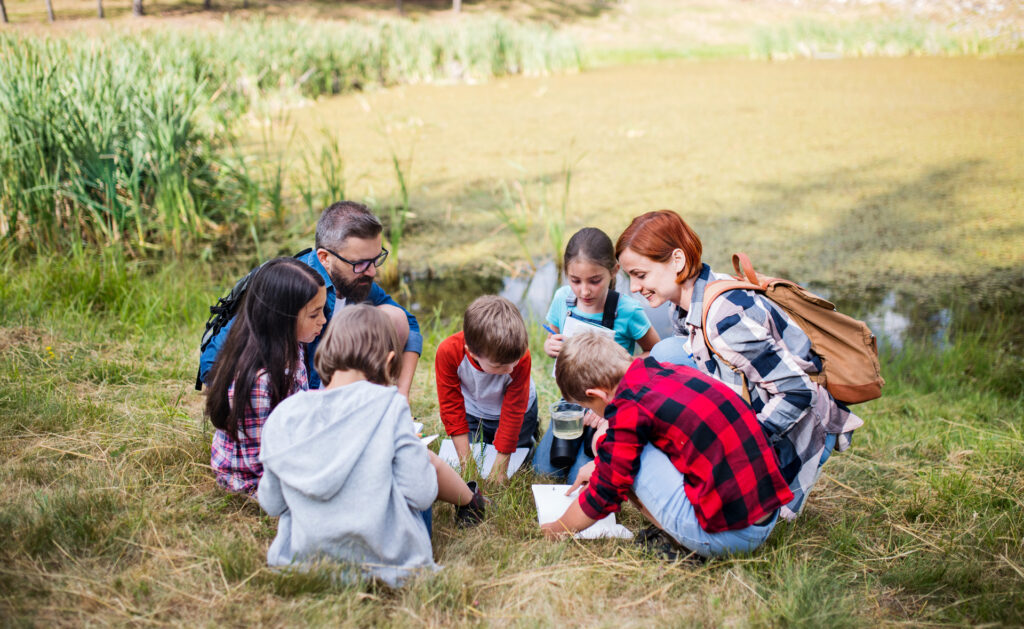
With a place-based approach, learning can be personally relevant to students and enable student agency while allowing a teacher to be the guide or facilitator instead of the holder of all information. In this virtual workshop, explore and discuss how the learner-centered principle of place-based education can support a personalized approach.
Interdisciplinary Projects: Merging place-based education and project-based learning
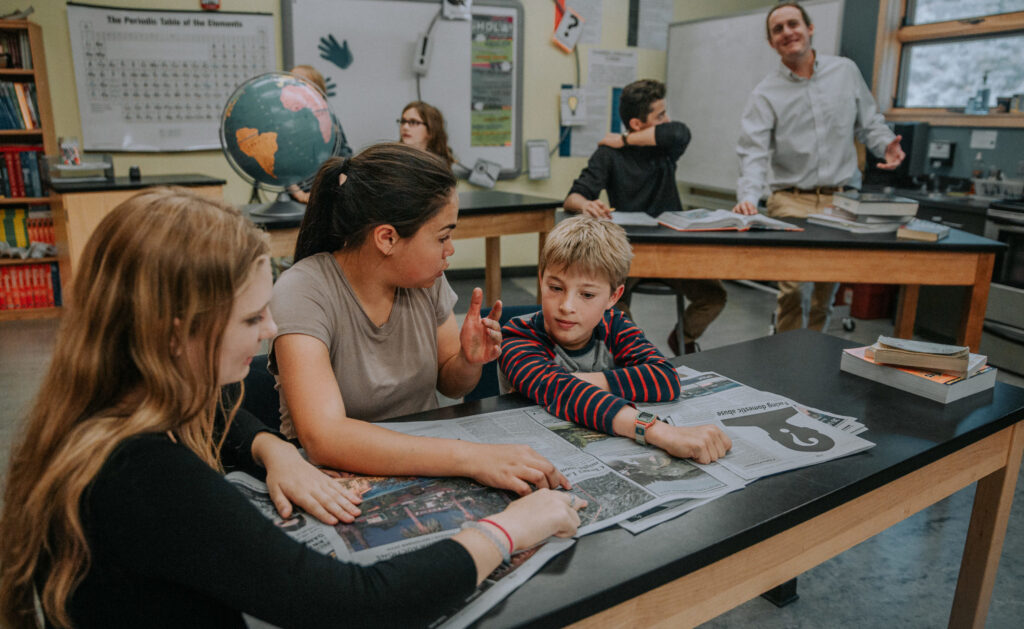
In interdisciplinary, place-based projects, learning can match the real world where “traditional” subject area content, skills, and dispositions are learned through an integrated and relevant approach that achieves proficiency of multiple standards.
Introduction to Place-based Education
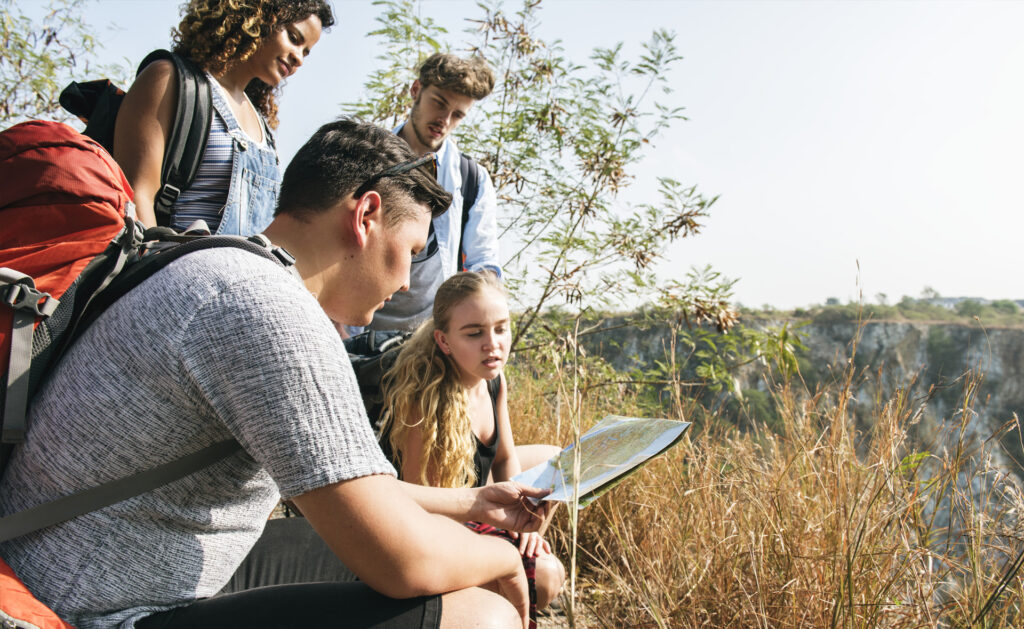
Curious to know more about place-based education? Join us for this 90-minute virtual workshop to learn why place-based pedagogy is worthwhile, how you might already be using it, and spark new ideas to increase student engagement and purpose.

